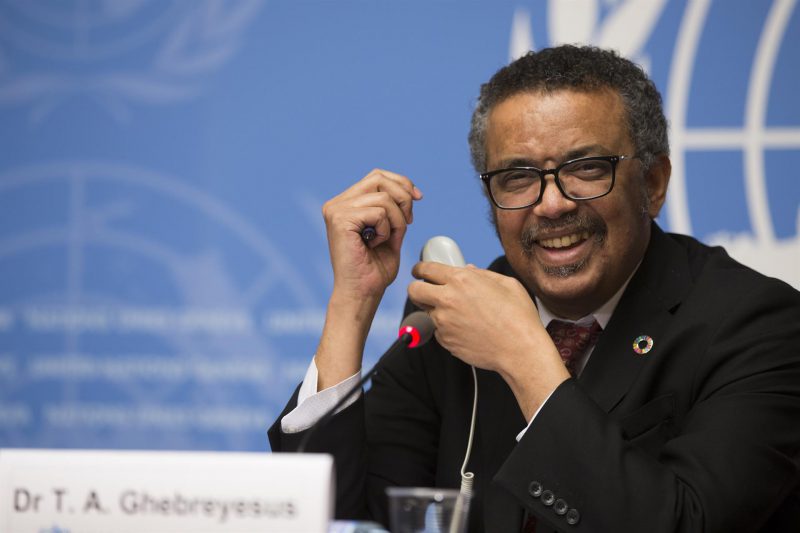
Most Western countries are finally facing the impact that the Coronavirus pandemic is having on everybody’s life. In the past week there was a rapid escalation of cases and more cases and deaths have now been reported in the rest of the world than in China.
Many governments have decided to close schools, restaurants, pubs and shops and to cancel any gatherings, following what Italy did last week. An approach that was welcomed by the WHO Director General Tedros Adhanom Ghebreyesus who however yesterday underlined that such measures on their own are not enough to extinguish this pandemic. An urgent escalation in testing, isolation and contact tracing, which is the backbone of the response, is now needed.
«Social distancing measures can help to reduce transmission and enable health systems to cope. Handwashing and coughing into your elbow can reduce the risk for yourself and others. But on their own, they are not enough to extinguish this pandemic. It’s the combination that makes the difference. As I keep saying, all countries must take a comprehensive approach», he said at a media briefing.
«The most effective way to prevent infections and save lives is breaking the chains of transmission. And to do that, you must test and isolate. You cannot fight a fire blindfolded. And we cannot stop this pandemic if we don’t know who is infected. We have a simple message for all countries: test, test, test. Test every suspected case. If they test positive, isolate them and find out who they have been in close contact with up to 2 days before they developed symptoms, and test those people too if they show symptoms of COVID-19».
«Every day, more tests are being produced to meet the global demand. WHO has shipped almost 1.5 million tests to 120 countries. We’re working with companies to increase the availability of tests for those most in need», said Ghebreyesus.
«This is a serious disease. Although the evidence we have suggests that those over 60 are at highest risk, young people, including children, have died. So far, we have seen epidemics in countries with advanced health systems. But even they have struggled to cope. As the virus moves to low-income countries, we’re deeply concerned about the impact it could have among populations with high HIV prevalence, or among malnourished children. That’s why we’re calling on every country and every individual to do everything they can to stop transmission».
«This is the defining global health crisis of our time. The days, weeks and months ahead will be a test of our resolve, a test of our trust in science, and a test of solidarity. Crises like this tend to bring out the best and worst in humanity. Like me, I’m sure you have been touched by the videos of people applauding health workers from their balconies, or the stories of people offering to do grocery shopping for older people in their community. This amazing spirit of human solidarity must become even more infectious than the virus itself. Although we may have to be physically apart from each other for a while, we can come together in ways we never have before. We’re all in this together. And we can only succeed together».
ISCRIVITI ALLA NEWSLETTER DI SANITÀ INFORMAZIONE PER RIMANERE SEMPRE AGGIORNATO
 Articoli correlati
Articoli correlati